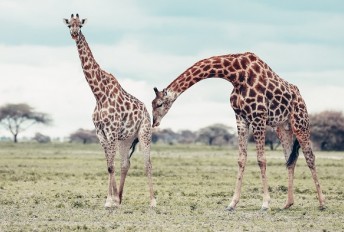
Posted on November 03, 2025
A new study by researchers at the University of Pretoria (UP) and the University of Adelaide in Australia has revealed the real function of the giraffe’s long legs ¬– to reduce blood pressure.
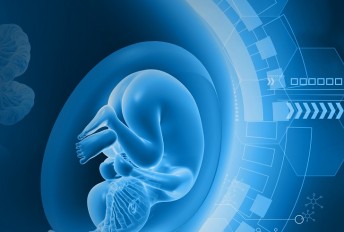
Posted on October 23, 2025
What do stillbirths, child stunting and impaired cognitive development have in common? It could be that all these problems start in the womb, with a placenta that doesn’t function as it should. Researchers at the University of Pretoria’s Research (UP) Centre for Maternal, Fetal,...
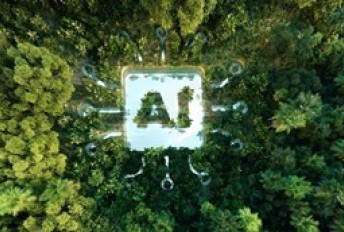
Posted on August 07, 2025
Our quest for knowledge has led to an alarming insight: it is harming the environment. According to the World Economic Forum, since the release of ChatGPT in November 2022, investment in artificial intelligence (AI) has grown eight-fold. This investment has seen the increase in the physical...

Posted on July 09, 2025
Rabies predominantly affects marginalised populations. Although effective human vaccines and immunoglobulins exist, the immunoglobulins are often inaccessible or unaffordable to those in need. An international drive to develop alternative post-exposure prophylaxis (PEP) biological alternatives,...
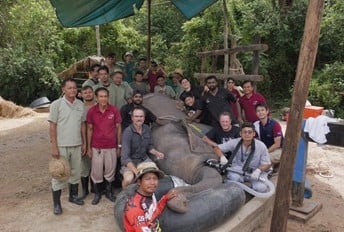
Posted on July 02, 2025
A distressed elephant with a fractured tusk is not unfamiliar to Professor Gerhard Steenkamp, a veterinary specialist in dentistry and maxillofacial surgery at the University of Pretoria’s (UP) Faculty of Veterinary Science. Over the years, he has travelled the world to lead and assist with...

Posted on June 05, 2025
Generative artificial intelligence (GenAI) is changing how we work, play and relax. Whether you use ChatGPT to write a brief, Midjourney to generate visuals or MuseNet to create unique soundtracks, these technologies have opened up opportunities for richer content.

Posted on May 29, 2025
A single query to ChatGPT uses as much electricity as burning a light bulb for about 20 minutes. Multiply that by the millions of requests that this artificial intelligence (AI) chatbot receives each day, and the environmental impact is ominous.

Posted on May 16, 2023
The South African portion of the Progress in International Reading Literacy Study 2021 conducted by UP has found that 81% of South African Grade 4 learners are struggling to read for comprehension at age 10.
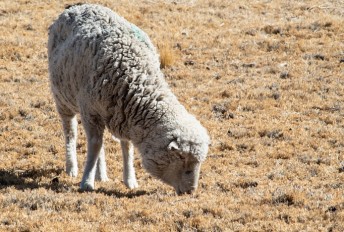
Posted on December 05, 2022
Two University of Pretoria scientists have contributed to the first-ever global field assessment of the ecological impacts of grazing in drylands.
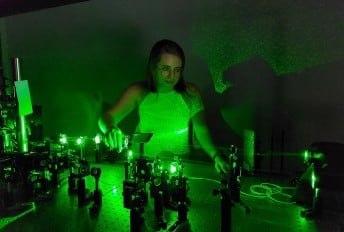
Posted on June 27, 2022
A UP-led team is using the momentum of light to trap particles. This optical trap has been used with collaborators to demonstrate a hidden property in light that remains unchanged even when it passes through turbulence.
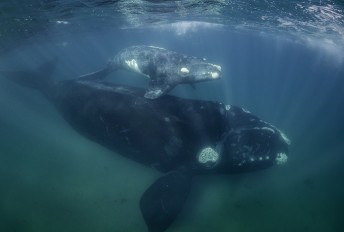
Posted on March 01, 2022
UP’s Mammal Research Institute Whale Unit and WWF South Africa are teaming up to support research on southern right whales in response to warming oceans and changes to ocean processes which are affecting the number of whales visiting SA's shores.
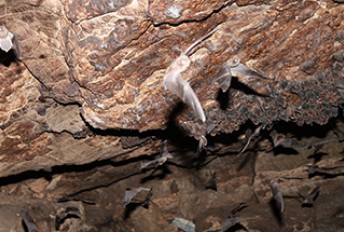
Posted on December 18, 2021
Research at UP is looking at how tree harvesting is causing the destruction of natural habitat, bringing wild animals like bats into closer contact with humans than ever before and leading to increased risk of new zoonotic diseases.
Copyright © University of Pretoria 2025. All rights reserved.
Get Social With Us
Download the UP Mobile App